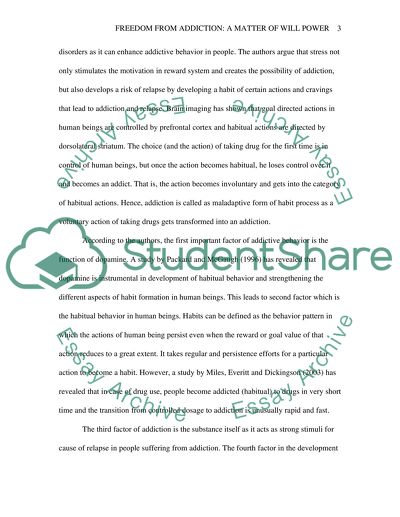Cite this document
(“Article Critique 2 Essay Example | Topics and Well Written Essays - 1250 words”, n.d.)
Retrieved from https://studentshare.org/environmental-studies/1410724-article-critique
Retrieved from https://studentshare.org/environmental-studies/1410724-article-critique
(Article Critique 2 Essay Example | Topics and Well Written Essays - 1250 Words)
https://studentshare.org/environmental-studies/1410724-article-critique.
https://studentshare.org/environmental-studies/1410724-article-critique.
“Article Critique 2 Essay Example | Topics and Well Written Essays - 1250 Words”, n.d. https://studentshare.org/environmental-studies/1410724-article-critique.


